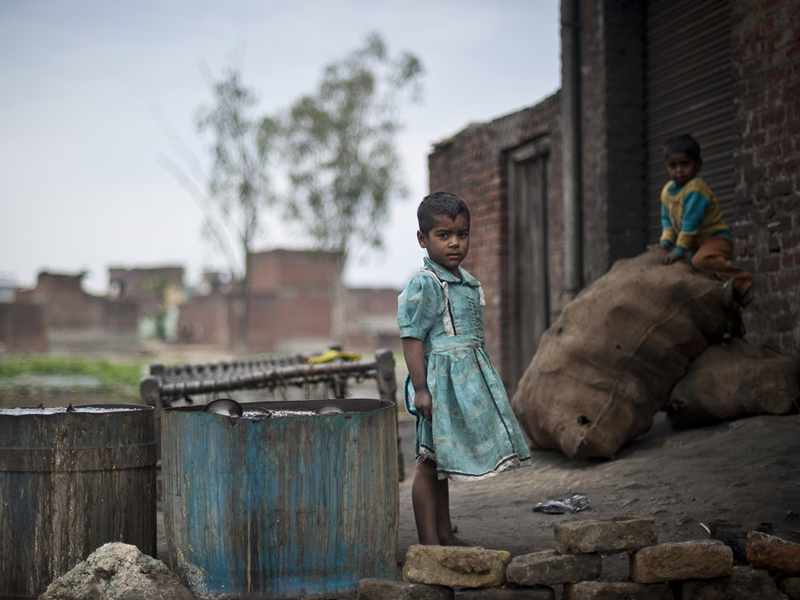Confronting poverty: A pressing global challenge

- 118
- 0
In tackling the formidable issue of poverty, I endeavor to shed light on this profound concern. Through the years, the axiom of 'might is right' has persisted, particularly evident in nations like Pakistan, where scarcities of essential provisions prevail amidst rampant unemployment, deficient governance, and a populace grappling with adversity. In such nations ensnared by despondency, poverty looms large.
Poverty, synonymous with destitution, permeates societies, rendering countless individuals unable to procure life's basic requisites. Many struggle to secure a single meal, relegated to menial jobs that barely sustain their existence. Their plight, akin to that of beasts, epitomizes abject suffering. Limited access to education exacerbates their plight, relegating them to low-paying occupations and perpetual impoverishment. For children born into impoverished households, education remains a distant dream, as they toil to supplement family income, robbing them of a cherished childhood. Slum-dwellers endure squalid conditions, bereft of adequate sanitation and potable water, their health compromised, and life expectancy diminished.
Indeed, poverty embodies a multifaceted affliction, encompassing hunger, homelessness, and untreated ailments. It robs individuals of their dignity, stifles aspirations, and engenders a pervasive sense of powerlessness. The adverse impact of poverty extends beyond material deprivation, permeating every facet of existence.
The nexus between poverty and crime is palpable, underpinned by a myriad of factors. Elevated stress levels among the impoverished engender a propensity for criminality, while limited access to quality education and viable employment avenues propel youth towards illicit activities. Crime emerges as a means of survival, providing a semblance of economic security amidst destitution. Consequently, poverty begets a vicious cycle of criminality, perpetuating societal discord and eroding communal cohesion. Addressing poverty necessitates collective action and societal reform. Individual contributions, such as donating clothing or sponsoring a child's education, offer tangible avenues for amelioration. Confronting poverty demands a concerted effort to rectify systemic injustices and redistribute resources equitably.
Poverty is not an inherent attribute but a consequence of societal malaise. The prevailing economic paradigm, predicated on inequitable distribution and systemic marginalization, perpetuates destitution and disenfranchisement. Rectifying this entrenched injustice necessitates a fundamental reconfiguration of societal norms and values.
In summation, poverty represents a grave societal ill, exacerbated by systemic injustices and institutionalized marginalization. Addressing poverty mandates a holistic approach, encompassing economic reform, social welfare initiatives, and concerted efforts to combat systemic inequality. Only through collective action and unwavering commitment can we surmount the scourge of poverty and usher in a more just and equitable society.
Published in The Daily National Courier, April, 20 2024
Like Business on Facebook, follow @DailyNCourier on Twitter to stay informed and join in the conversation.

















































